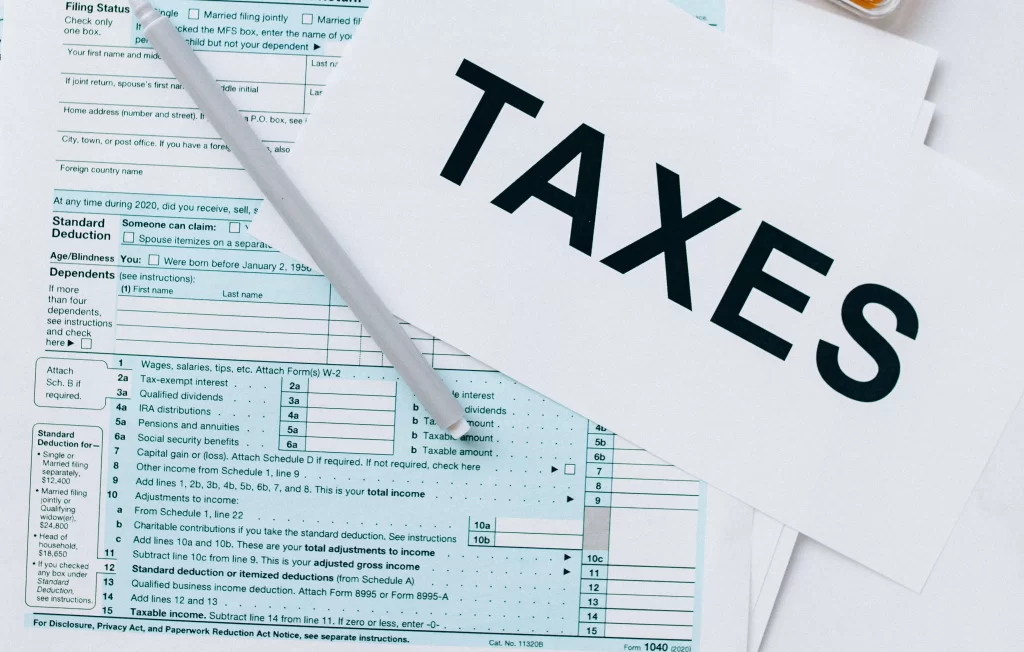Understanding French Taxation: Tips for Minimizing Taxes

Table of Contents
- Introduction
- The Basics of French Taxation
- Tips for Minimizing Your Tax Burden
- Understanding Tax Deductions and Credits
- Managing Your Tax Obligations as an Expatriate
- Frequently Asked Questions (FAQs)
- What is the tax year in France?
- How are taxes calculated for expatriates?
- Can I reduce my tax liability through investments?
- Are there tax incentives for eco-friendly practices?
- What penalties apply to tax evasion in France?
- Conclusion
Introduction
Taxation is a necessary component of any country’s financial structure, and France is no exception. Understanding French taxation is essential for both residents and expatriates. This article attempts to provide insights into the complex world of French taxes as well as practical advice to help you lawfully reduce your tax liability.
The Basics of French Taxation
France has a complex tax system that includes income tax, wealth tax, property tax, and VAT (value-added tax). Residents are normally taxed on their worldwide income, whilst non-residents are taxed on their French-sourced income.
Key Terms:
- Impôt sur le Revenu: French income tax
- Impôt de Solidarité sur la Fortune (ISF): Wealth tax
- Taxe d’Habitation: Property tax
- Taxe Foncière: Land and buildings tax
- Taxe sur la Valeur Ajoutée (TVA): Value-added tax
Tips for Minimizing Your Tax Burden
- Take Advantage of Deductions: France offers various deductions, including those for children, education expenses, and home improvement projects. Explore these options to reduce your taxable income.
- Invest in Tax-Efficient Vehicles: Consider investments like Plan d’Epargne Retraite (PER) and life insurance policies that offer tax advantages.
- Benefit from Eco-Friendly Initiatives: Embrace eco-friendly practices by installing energy-efficient equipment in your home or supporting environmentally responsible companies to qualify for tax incentives.
- Optimize Wealth Tax Planning: If you’re a high-net-worth individual, consult with financial advisors to structure your assets in a tax-efficient manner.
Understanding Tax Deductions and Credits
In France, tax deductions and credits can have a considerable impact on your tax liability. Deductions for children, charitable contributions, and education expenses are all common. Tax credits are available for actions such as home repairs and hiring domestic help. These deductions and credits reduce your taxable income and the amount you owe overall.
Managing Your Tax Obligations as an Expatriate
Expatriates in France may be subject to additional tax requirements and perks. It is critical to understand tax treaties between France and your home country in order to prevent double taxation. Many expatriates are eligible for tax breaks, but they must follow strict guidelines.
Frequently Asked Questions (FAQs)
1. What is the tax year in France?
In France, the tax year corresponds to the calendar year. As a result, it is valid from January 1st to December 31st.
2. How are taxes calculated for expatriates?
Expatriates are generally taxed on their French-sourced income. However, tax treaties between France and their home countries may provide relief from double taxation.
3. Can I reduce my tax liability through investments?
Yes, some investments, like as PER plans and life insurance policies, can provide tax advantages. Consult with a financial professional to discuss your choices.
4. Are there tax incentives for eco-friendly practices?
Absolutely. France offers tax incentives for eco-friendly initiatives, such as installing energy-efficient home improvements or supporting environmentally responsible companies.
5. What penalties apply to tax evasion in France?
Tax evasion penalties can be severe, including large fines and possibly jail. Always follow tax laws and get professional guidance if necessary.
Conclusion
All residents and expatriates must understand French taxation. You can legitimately reduce your tax burden by taking advantage of deductions and credits, investing sensibly, and following eco-friendly habits. Remember that tax regulations are subject to change, so staying informed and seeking professional guidance as needed are essential for navigating the world of French taxes.
